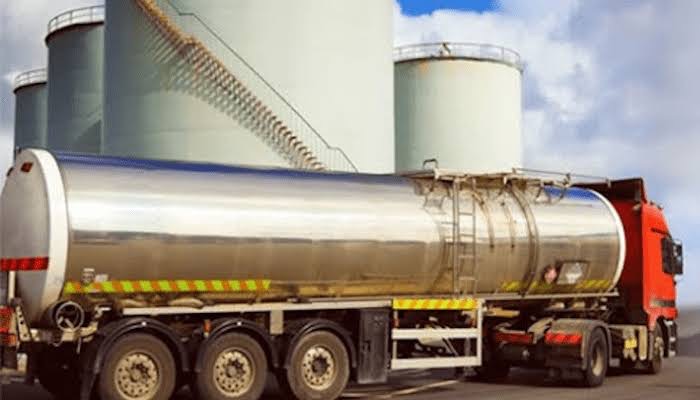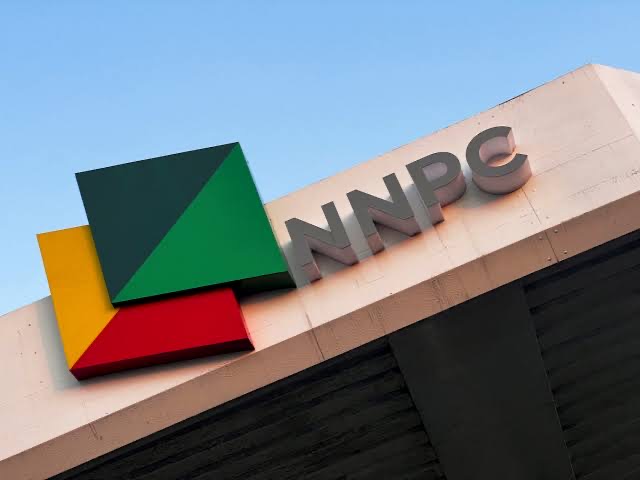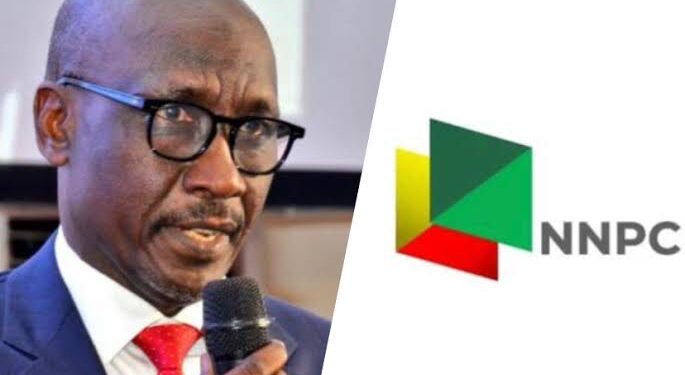According to journalists, Nigeria’s debt to petrol suppliers has exceeded $6 billion, doubling since the beginning of April.
According to a report on Thursday, the development comes at a time when the Nigerian National Petroleum Corporation (NNPC) Limited is trying to bridge the gap between fixed pump prices and international fuel prices.
The report revealed that NNPC ran into trouble earlier this year with overdue petrol payments amounting to more than $3 billion. “Traders said the company has yet to pay for some of its January imports, taking the overdue amount to between $4 billion and $5 billion,” the release stated.

According to the report, under the terms of the contract, NNPC is required to make payments within 90 days of delivery. “The only reason traders are putting up with this is the $250,000 compensation (per load) per month for late payments,” an industry source told Journalists.
Sources said at least two suppliers have already withdrawn from current tenders because they have reached their voluntary debt ceiling to Nigeria. This means they will stop delivering petrol if they are not paid, Journalists added.
“Traders thrive in riskier environments, but they place limits on the credit they are willing to extend per deal to avoid taking on too much risk to borrowers. These limits vary by company, size, and location,” the publication noted.
Nigeria’s petrol tenders for June and July were consequently smaller, traders told Journalists.

NNPC plans to import about 850,000 tonnes through tenders in July, down from the usual 1 million tonnes the previous month, according to two sources.
President Bola Tinubu announced the end of petrol subsidies when he took office in May last year, saying the “ever-increasing costs” could no longer be justified in the face of dwindling resources.”
Before the end, the government had said it would spend up to 3.3 trillion naira on petrol subsidies from January to June 2023.
Petrol subsidies remain a contentious issue in Nigeria as spending continues to eat into state revenues. However, the removal of the subsidy has worsened the living conditions of Nigerians as inflation has reached unbearable levels due to fuel prices and a weak currency.
There has been speculation that some of the subsidy has been reintroduced, but the Federal Government has repeatedly rejected these claims.
































